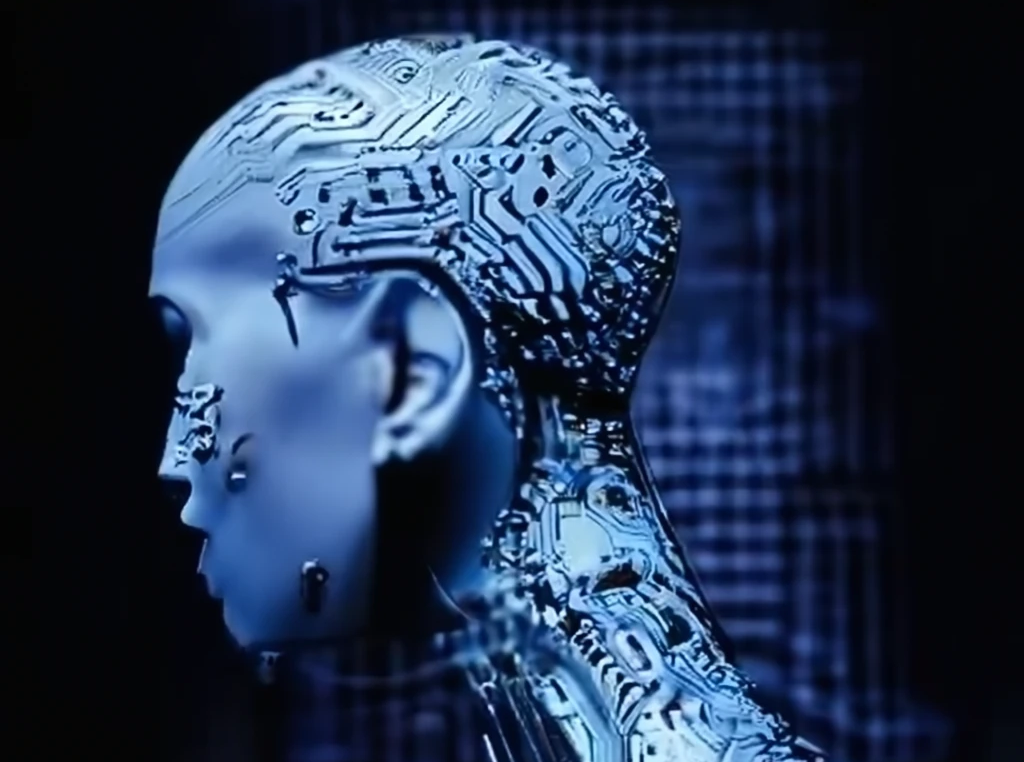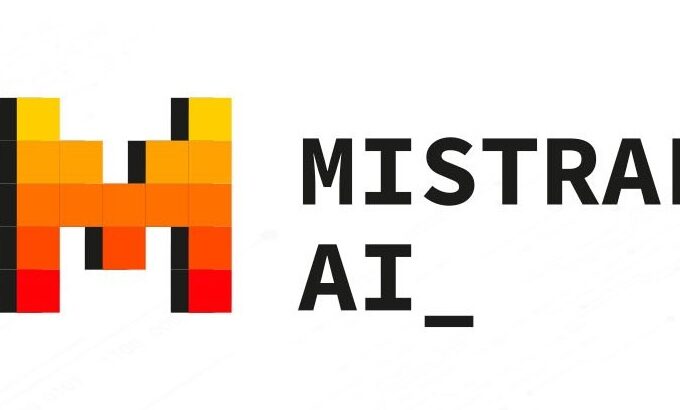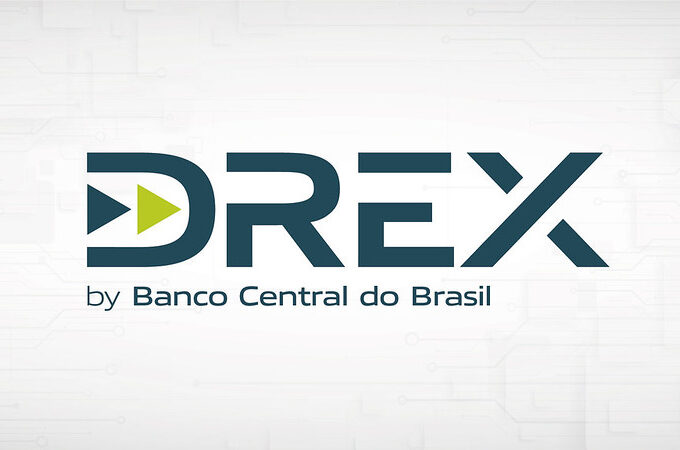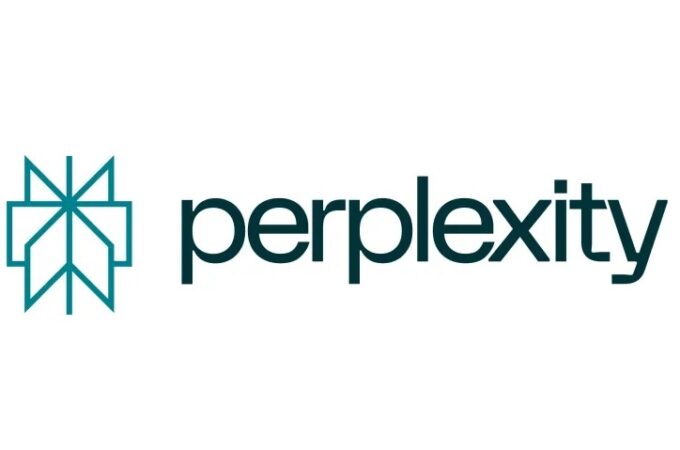
California’s AI Safety Bill Sparks Debate in Tech Industry, Gains Unexpected Support from Elon Musk
As California’s Senate Bill 1047 (SB 1047) approaches a crucial vote in the State Assembly this week, the proposed AI safety legislation has ignited a fierce debate within the tech industry. The bill, which aims to establish safety measures for powerful artificial intelligence models, has unexpectedly gained support from tech mogul Elon Musk, while facing opposition from other major players in Silicon Valley.
SB 1047, co-authored by California State Senator Scott Wiener, would require AI developers spending over $100 million on model development to implement safety testing, safeguards, and allow the state attorney general to take action against AI models causing “severe harm.” The bill also mandates third-party audits, a kill switch for emergency shutdowns, and whistleblower protections.
In a surprising move, Elon Musk, owner of AI company xAI, voiced his support for the bill on X (formerly Twitter) on Monday. Musk stated, “This is a tough call and will make some people upset, but, all things considered, I think California should probably pass the SB 1047 AI safety bill.” He emphasized his long-standing advocacy for AI regulation, comparing it to other potentially risky technologies.
However, the bill has faced significant opposition from tech giants and industry leaders. Companies such as Google, Meta, and Andreessen Horowitz argue that the legislation could hinder innovation and potentially drive AI companies out of California. OpenAI, despite supporting a different California bill (AB 3211) requiring labeling of AI-generated content, opposes SB 1047. Jason Kwon, OpenAI’s chief strategy officer, wrote that AI regulations should be left for the federal government to decide.
The debate has also drawn in political figures. Former House Speaker Nancy Pelosi and eight California House members, including Ro Khanna and Zoe Lofgren, have urged Governor Gavin Newsom to veto the measure if it reaches his desk. They argue that the bill is “well-intentioned but ill-informed.”
Supporters of the bill, including AI safety advocates and some researchers, contend that it is necessary to prevent potential catastrophic harm from advanced AI systems. Yoshua Bengio, known as one of the “godfathers of AI,” and Dan Hendrycks, director of the Center for AI Safety, have voiced their support for the legislation.
The bill has undergone several amendments since its introduction. Recently, AI startup Anthropic cautiously supported the amended version, stating that “its benefits likely outweigh its costs.” The changes included removing the creation of a “Frontier Model Division” to police frontier models and dropping criminal perjury charges for lying about the models.
As the fintech industry increasingly integrates AI into its products and services, the outcome of this legislation could have far-reaching implications. If passed, SB 1047 would become one of the first comprehensive AI safety regulations in the United States, potentially setting a precedent for other states and influencing federal policy discussions.
The bill is scheduled for a vote in the State Assembly by the end of this week. If passed, it will return to the Senate for a final vote before potentially landing on Governor Newsom’s desk for signing. As the deadline approaches, all eyes are on California to see how it will balance innovation with safety in the rapidly evolving field of artificial intelligence.





